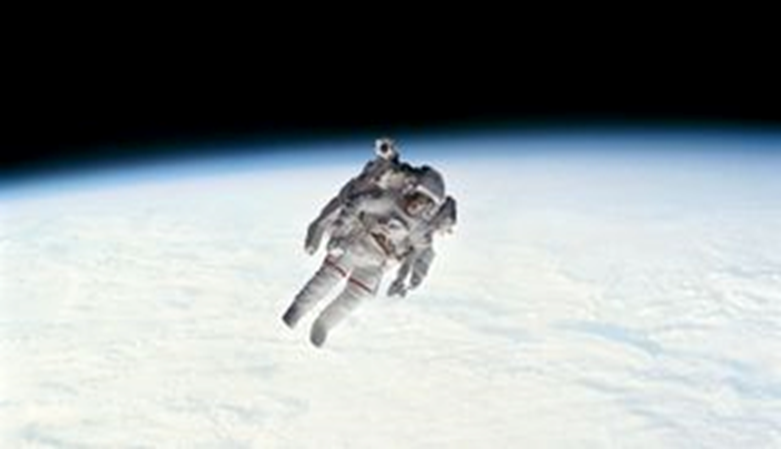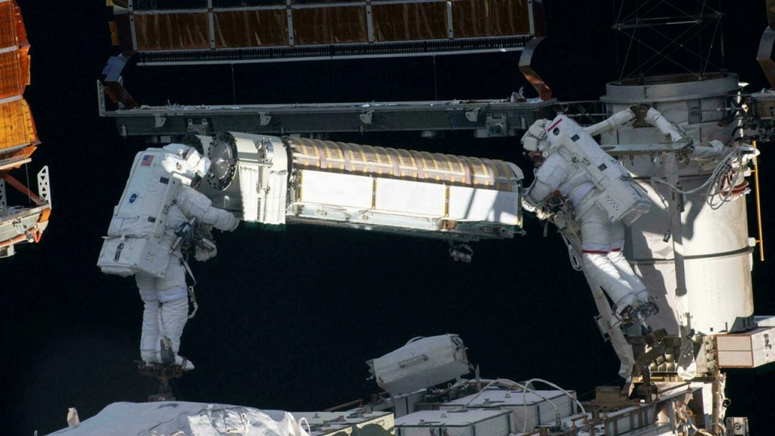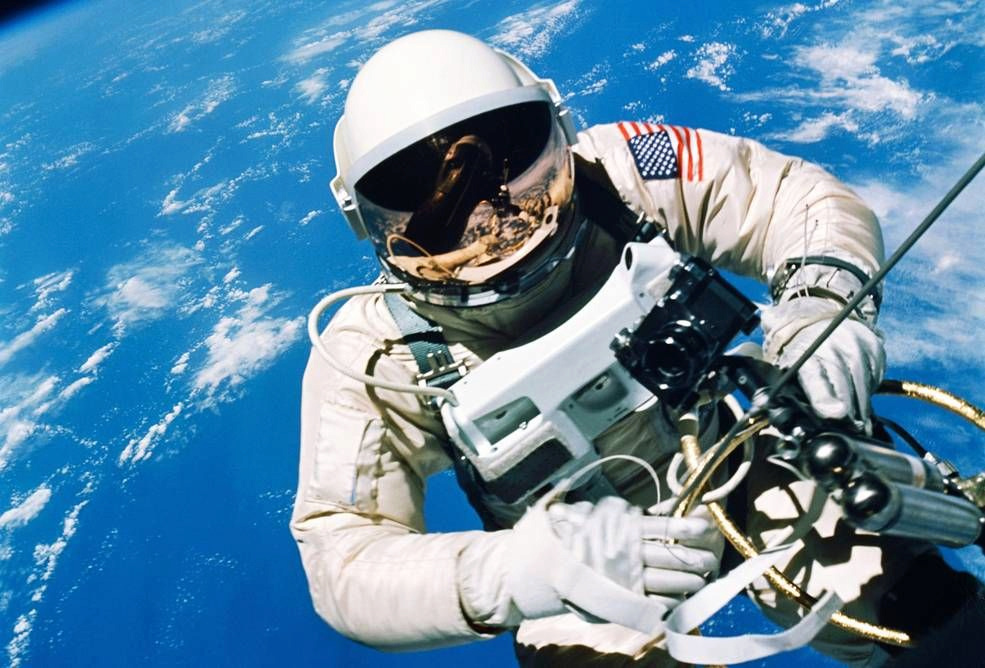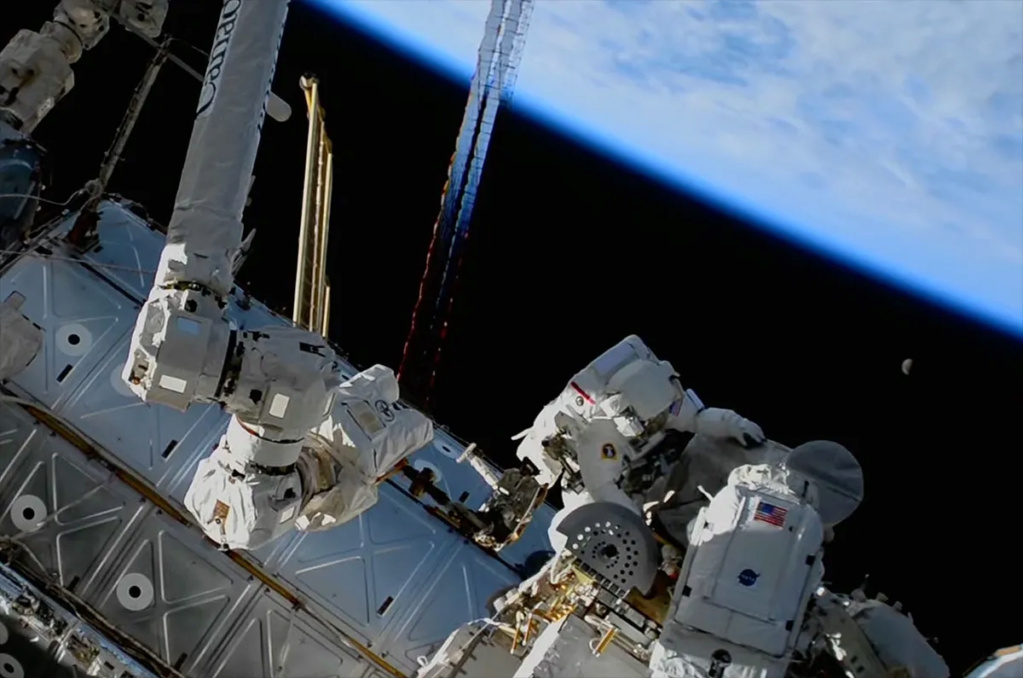?What would happen to a human body if it was thrown into the “vacuum of space” without a protective suit

Imagine that you are an astronaut exploring the vast expanses of space, and you are accidentally thrown out of the airlock of your spacecraft. What would happen to your body without wearing a spacesuit?
According to scientific data quoted from experts published by the “Live Science” website on Sunday, November 14, 2021, an astronaut floating without a suit in space will not survive, but his annihilation will occur within minutes, not seconds, and it will be a strange exit, with boiling bodily fluids and a frozen nose and mouth. almost.
Scientists state that space is defined as an airless vacuum – meaning that unlike Earth, there is no atmosphere and no pressure exerted by air molecules.

Atmospheric pressure determines the temperatures at which liquids boil and turn into gases. If the pressure exerted by the air outside a liquid is high, as is the case at sea level on Earth, it is difficult for gas bubbles to form, rise to the surface and escape. But since there is virtually no atmospheric pressure in space, the boiling point of liquids drops dramatically.
“As you can imagine, given that 60% of the human body is made up of water, this is a serious problem,” Dr. Chris Lenhardt, a NASA operational space medicine specialist, told Live Science. In the absence of pressure, liquid water in our bodies would boil – instantly turning from a liquid to a gas. “All body tissues that contain water will begin to expand.”
Performance testing of suits
During 1966, NASA aerospace engineer Jim LeBlanc helped test the performance of prototype space suits in a huge vacuum chamber. At some point during the test, he disconnected the hose feeding compressed air into his suit.
“As I stumbled backwards, I felt saliva on my tongue start to flow before I passed out, and that's kind of the last thing I remember,” he recalls in the 2008 Moon Machines documentary series episode “The Space Suit.”

The formation of gas bubbles in bodily fluids, known as fuzzing, also occurs in deep-water divers who emerge very quickly because they move from a high-pressure underwater environment to a low-pressure at the surface of the water.
For unsuitable astronauts, the blood flowing through the veins would boil less quickly than the water in the tissues, because the circulatory system had its own internal pressure, but massive turbidity in the body's tissues would quickly result.
What is happening
A 2013 review in the journal Aerospace Medicine and Human Performance, which looked at previous exposures to vacuums in animals and humans, found that they lost consciousness within 10 seconds. Then some of them lost control of their bladders and bowel systems, and the swelling in their muscles restricted blood flow to their hearts and brains, as their enlarged muscles acted as a vapor lock.

“No human being could survive this — potential death in less than two minutes,” Linhardt said.
According to NASA's Bioscience Data Book, the vacuum of space will also pull air from your lungs, causing you to suffocate within minutes. After an initial rush of air, the vacuum will continue to draw gas and water vapor from your body through your airways.
Continuous boiling of water may also produce a cooling effect – the evaporation of water molecules will absorb thermal energy from your body and cause the parts near your nose and mouth to almost freeze. The rest of your body may also cool, but it will be slower because there won't be as much evaporation.
As astrophysicist Paul Souter told Forbes, temperature is a measure of how much energy atoms and molecules have to move around — and because space is almost empty, there isn't much to move at all, which makes it "cold."
This also means that there is no matter in space to transfer heat to. However, a person can freeze from evaporation of body water and slow loss of heat by radiation emitted by the body.
Source: websites

